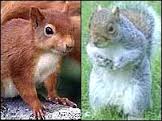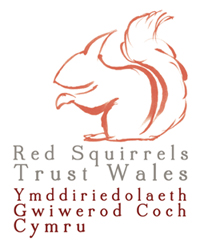Overall I have enjoyed the seminars much more than I thought I would. I have attended a diverse range of topics some of which I thought I would have no interested in but actually found really interesting and learnt a lot from.
The seminars have help to give me extra information on a wide range of areas within biology from current research topics to some job ideas which are available with a biology based degree. The talk which I attended which inspired me the most was from Craig Shuttleworth about red squirrel conservation on Anglesey, this is an area which I was already interested in and completed my dissertation on however the talk identified new areas of research which I had not thought of before and is a topic I would definitely like to take further either from future employment or postgraduate study when I have the funding available. I am now in contact with Craig Shuttleworth and may be able to use this to help in my future career.
The rest of the seminars have really helped to boost my knowledge on topics I previously knew little about and have help me to have a better overall knowledge of biological issues which may also help to make me a better candidate for any job which I may apply for.

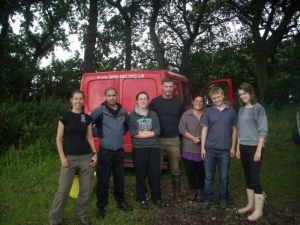
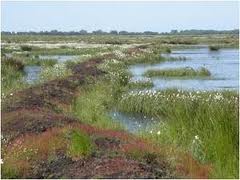 inued to occur and in the next 50 years a further 50% of the land was lost to peat extraction.
inued to occur and in the next 50 years a further 50% of the land was lost to peat extraction.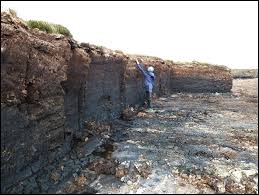 be suitable as these areas are going to require a large amount of time and money to restore, and it is likely that if finances were to ever run out the land would be immediately be brought and used for agricultural land or peat extraction to produce profit as there is no finance gain from the peat restoration project.
be suitable as these areas are going to require a large amount of time and money to restore, and it is likely that if finances were to ever run out the land would be immediately be brought and used for agricultural land or peat extraction to produce profit as there is no finance gain from the peat restoration project. ith our future career.
ith our future career. museum within the university. The task was completed within groups taking each section of a business plan separately and deciding what would need to be included within our business for each section. We were also required to produce an advertisement for our business. At the end of the session each group presented their business plan to the rest of the groups and showed their advert.
museum within the university. The task was completed within groups taking each section of a business plan separately and deciding what would need to be included within our business for each section. We were also required to produce an advertisement for our business. At the end of the session each group presented their business plan to the rest of the groups and showed their advert.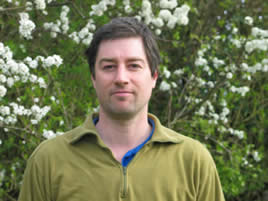 d a major reoccurring argument within conservation – whether the red squirrel is worth saving?
d a major reoccurring argument within conservation – whether the red squirrel is worth saving? 